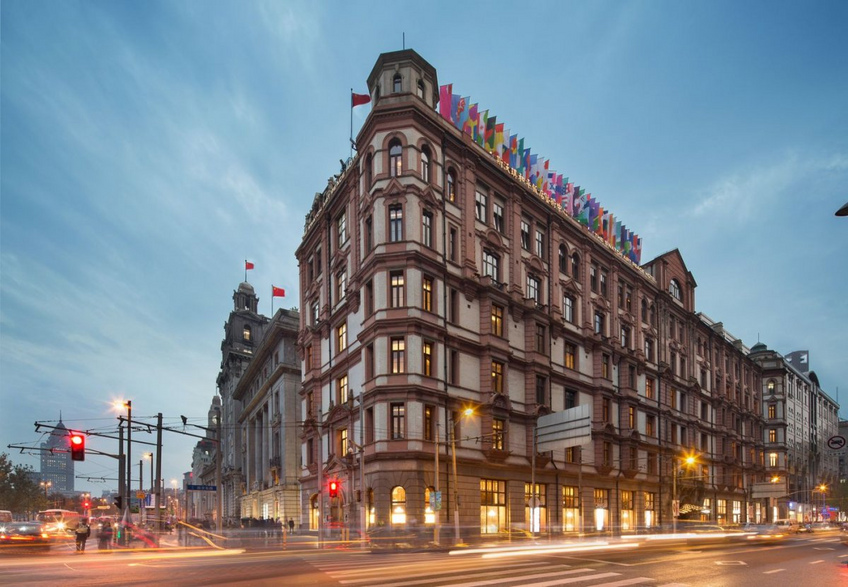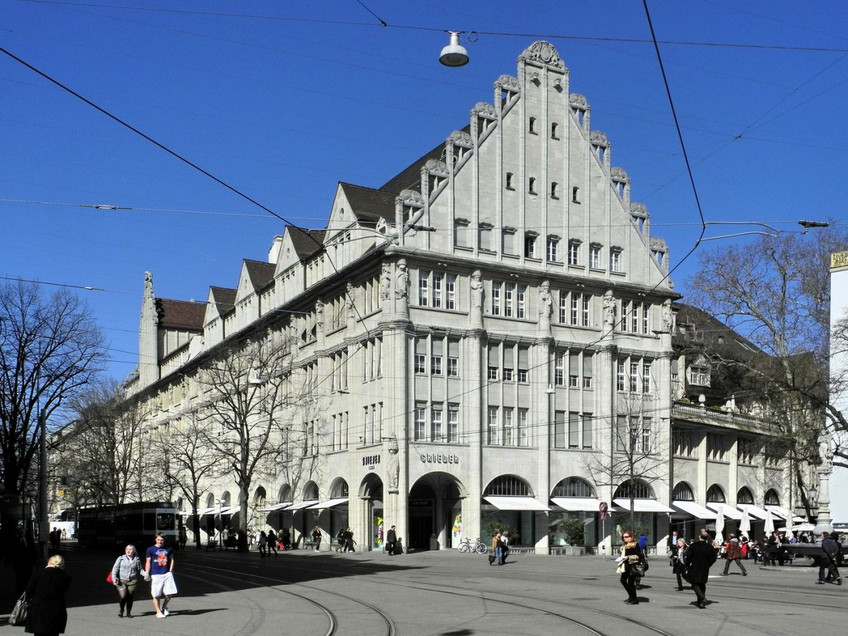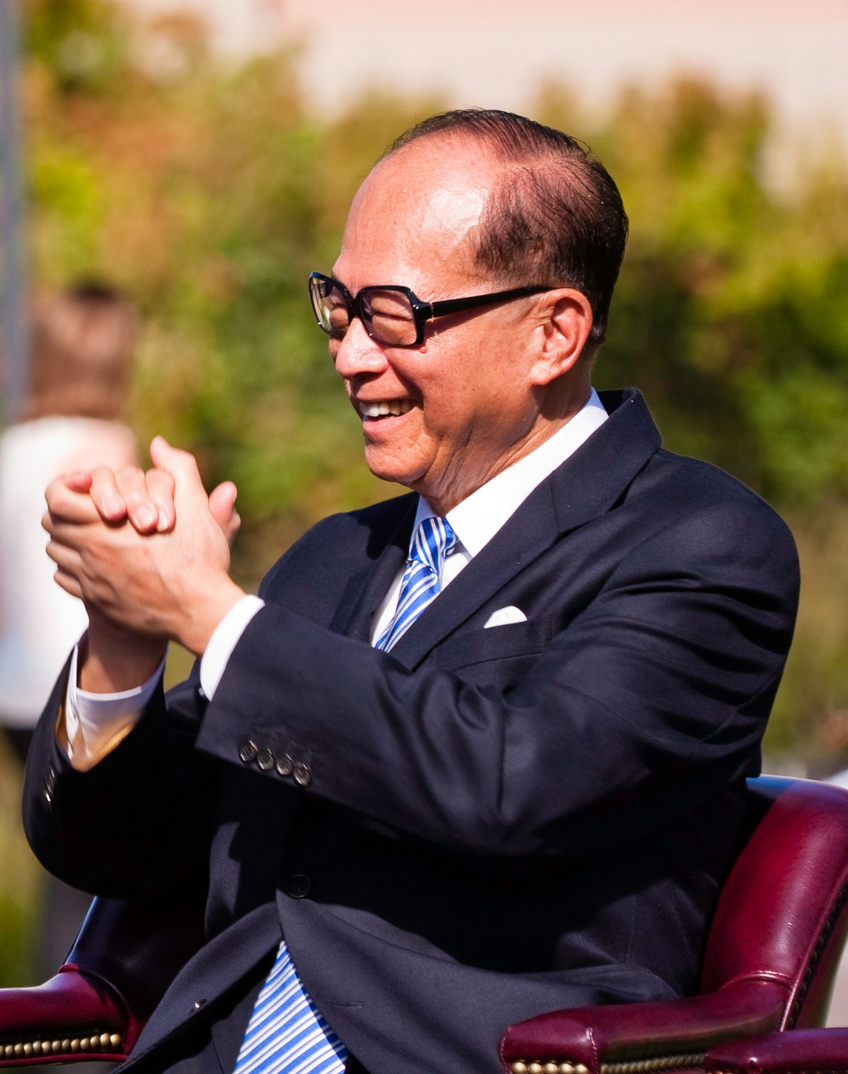

The real estate strategies of watchmaking groups in Asia
Since the late 1990s, the Swatch Group, Richemont and LVMH have made huge investments in their distribution channels in Asia. Here we focus on their establishment there, some revelations and our analysis.
Whilst Hong Kong and Singapore are well-known catchment areas for Swiss watches in Asia, said watches are now present on the shopping streets of all big towns in Asia. The huge commercial boom experienced by the big Asian cities since the early 2000s can be seen in the proliferation of luxury shopping malls, which are representative of the increased buying power of the upper classes.
The role of retailers and the increasing number of directly-operated stores
At the beginning, the three watchmaking groups we are focusing on here partnered with Asian retailers such as The Hour Glass, Emperor Watch, Hengdeli and Sincere. These have been key in the distribution of Swiss watches as well as in "educating" consumers, particularly for the leading brands of the three groups.

At the same time, however, the three watchmaking groups adopted strategies to open their own stores, which had a positive effect on their turnover as they increased their share of the retail price. Richemont's case is symbolic as the amount of direct single-brand stores went from 444 in 2000, to 797 in 2009 and 1056 in 2014. The direct management of stores by the luxury watchmaking groups relies on different forms of real estate strategies.
Negotiations with commercial developers
The Swatch group has indirect real estate strategies, apart from the three symbolic buildings the Swatch group manages directly – Nicolas G. Hayek Center in Tokyo, Swatch Art Peace Hotel in Shanghai and Grieder-Haus in Zurich. In order to enter the Singaporean and Malaysian markets, the group created joint-ventures with local groups active in commercial real estate. In Taiwan and Thailand, the Swatch Group set up branches to negotiate the location of its stores directly with local developers. To access the Chinese market, Swatch has been an important shareholder in the distribution company Hengdeli since 2007 (9.1% of the capital in 2010), thus contributing to the extension of its distribution network, going from 65 stores in 2005 to 513 in 2014.

Richemont's strategy was to internalize and centralize the negotiations related to the access to commercial spaces. The task was carried out independently by each brand until the early 2000s, when the group used the help of its leading brand – Cartier. Richemont has taken over 45 Montblanc stores in China.
LVMH chose a more thorough real estate strategy with the creation of two investment structures. Firstly, the group invested in two leading watchmaking retail companies, Sincere Watch & Jewellery and Emperor Watch & Jewellery via its private-equity company, L-Capital. It also invested in Chinese real estate via its participation in the capital of the Chinese company Sasseur, specialized in the development of outlet malls. Secondly, the group invested in real estate projects through the company L-Real Estate. In collaboration with real estate companies related to the most emblematic of Tycoons in Hong Kong, Li Ka Shing, two flagship projects including the whole luxury product range of the group have been created in Shanghai and Shenyang.

Public image and the expansion of shopping malls in Asia
In general, groups only start to control their sale points when they reach a certain level of consolidation. The aim is to optimize profits by eliminating intermediaries, but also to increase their control over the brand. Access to the market is what matters most at first, hence the importance of retailers. Yet, once that is achieved, it is the brand’s image and, consequently, its sales environments that takes over. In other words, watchmakers have now started to pay more attention to the architecture, the design and the environment of their points of sale than they used to. At the same time, they have also become very profitable partners – if the high rent watchmaking brands pay is anything to go by – of the main real estate companies specialized in building shopping malls in Asia.
The new expansion stage of Hong Kong commercial developers specialized in building luxury shopping malls in China such as Swire, Hang Lung and Sun Hung Kai, illustrates the new model of luxury Swiss watch distribution in provincial capitals such as Chengdu, Chongqing or Wuhan. Luxury shopping malls in these cities are iconoclast buildings aimed at the upper classes with increased purchasing power and travel opportunities and who are now more sophisticated and educated in luxury Swiss watchmaking brands.




